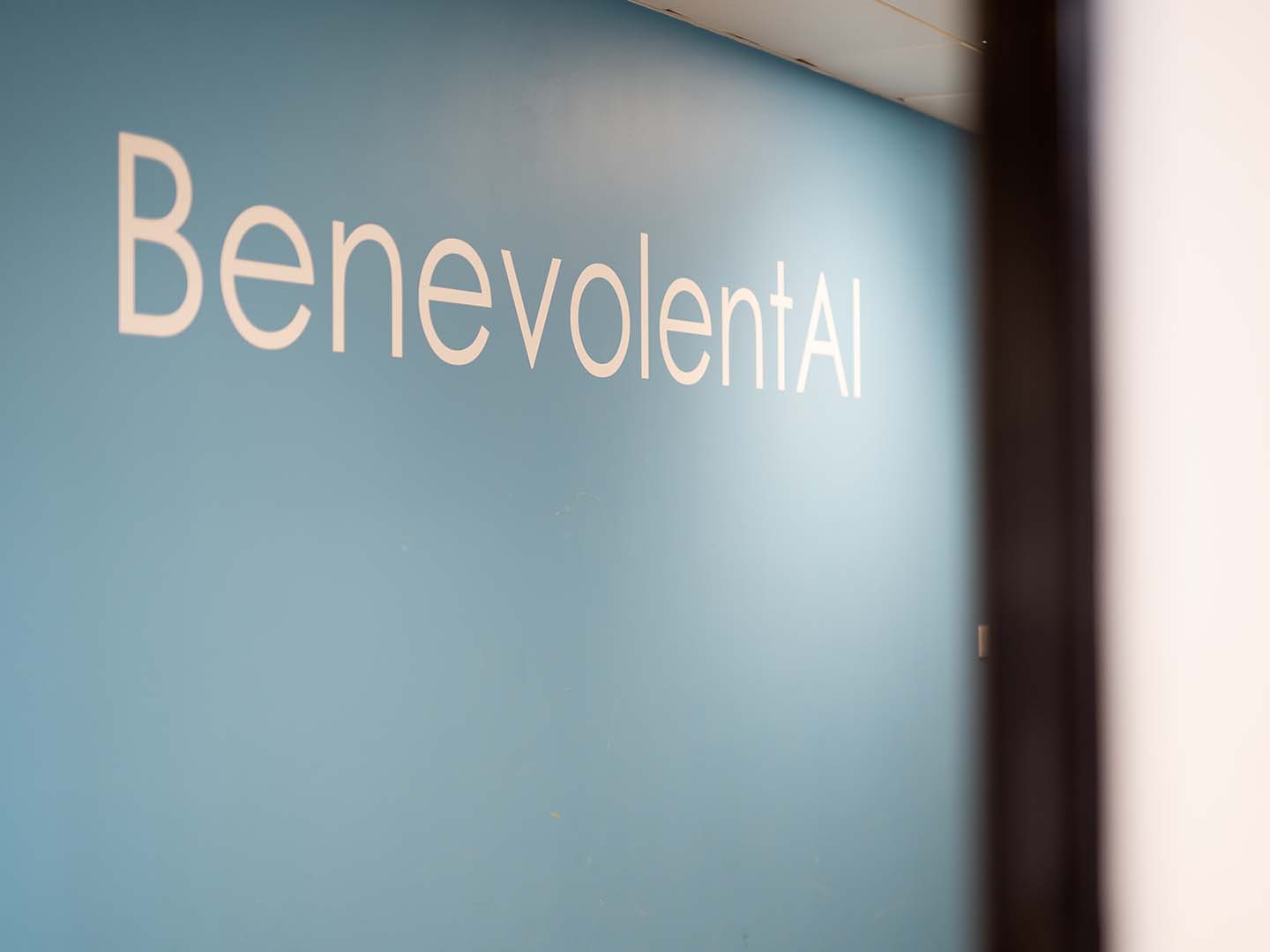BenevolentAI, the leader in the application of AI and machine learning to re-engineer drug discovery and development, is pleased to report additional positive data has been released from the large scale randomised ACTT-2 clinical trial, sponsored by the National Institute of Allergy and Infectious Diseases (NIAID).
The latest data provides a more detailed analysis of the improved clinical outcomes of hospitalised COVID-19 patients taking baricitinib. This data further validates the AI-derived hypothesis of baricitinib as a treatment for COVID-19, first published by BenevolentAI in The Lancet on February 4, 2020.
The key findings showed:
- Odds of improvement in clinical status at day 15 were 30% greater in patients being treated with baricitinib in combination with remdesivir, compared with remdesivir alone (statistically significant).
- The largest benefits were observed in patients requiring supplemental oxygen and those needing high-flow oxygen/non-invasive ventilation.
- There was a 35% lower mortality rate overall in the group taking baricitinib (5.1% vs 7.8%), but the separation was not statistically significant.
- The reduction in mortality was more pronounced for patients receiving oxygen, as mortality at Day 29 was 60% lower for those on supplemental oxygen, and 43% lower for those on high-flow oxygen/non-invasive ventilation.
- As previously reported, the trial met the primary endpoint of reducing time to recovery (discharge from hospital) by one day compared to remdesivir alone, which is statistically significant.
The ACTT-2 randomised control trial included more than 1,000 patients and began on May 8 to assess the efficacy and safety of baricitinib plus remdesivir versus remdesivir in hospitalised patients with COVID-19. No new safety signals were observed for baricitinib-treated patients in this study.
NIAID authors are working to have the full analysis completed, and a peer-reviewed manuscript will be made available soon.
About BenevolentAI (www.benevolent.com)
BenevolentAI creates and applies AI and machine learning to transform the way medicines are discovered and developed. Benevolent integrates its technology into every step of the drug discovery process, from hypothesis generation to early-stage clinical development. BenevolentAI is headquartered in London with a research facility in Cambridge (UK) and further offices in New York. BenevolentAI has active R&D drug programmes in disease areas such as ALS, Ulcerative Colitis and Sarcopenia and has research and commercial collaborations with AstraZeneca and Novartis.
Media enquiries
Rajin Kang
rajin.kang@benevolent.ai
Note to editors: Baricitinib is approved for the treatment of rheumatoid arthritis and other diseases. It is administered orally and has been used to treat COVID-19 patients in more than 14 clinical trials worldwide including the randomised clinical trials by the NIAID and Eli Lilly. BenevolentAI’s research on baricitinib as a treatment for COVID-19 has been published in The Lancet, The Lancet Infectious Diseases, and EMBO Molecular Medicine
Back to press releases and in the media



